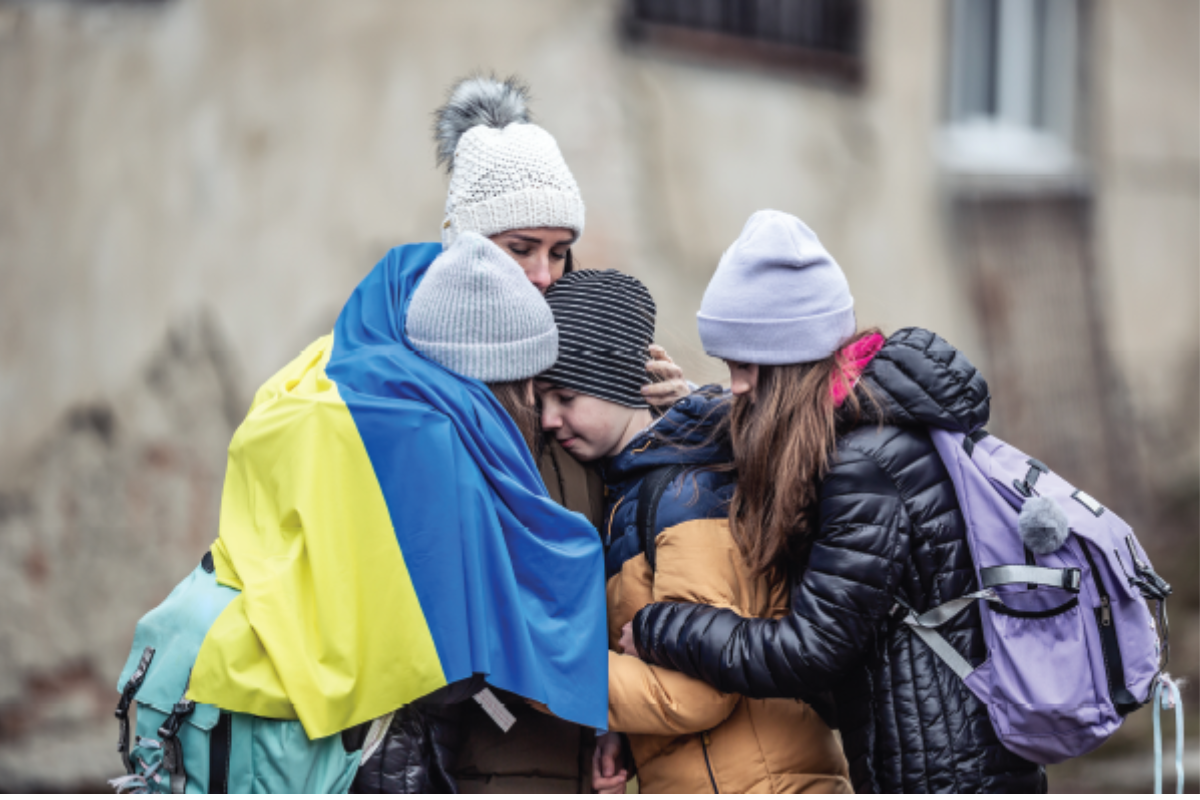The Russian invasion of Ukraine was not exactly a surprise, even though the Russian state remained coy right until its tanks crossed the border. The severity of Western sanctions against Russia, however, was a surprise, and probably not least to Vladimir Putin, who likely did not expect an economic bludgeoning that he has termed “economic warfare,” which, in a way, it is.
Sanctions offer not only a relatively non-confrontational foreign policy option, unlikely to cross any state’s nuclear “red line,” but they are also a means for a state to “do something” without doing much of anything. Wishing to avoid armed confrontation, but heeding demands from the electorate to take action, a government can announce a sanctions package purported to punish a state, knowing that it is unlikely to produce meaningful change.
Western states took these historically-ineffectual sanction policies and turned them up to 11 against Russia, however. Unprecedented measures have targeted even the Russian central bank and endangered payments of its sovereign debt; Russian leaders and oligarchs have been embargoed to the point where it would be illegal for Roman Abramovich to even hire a housecleaner for his U.K. property.
What has also been surprising is the enthusiasm with which Western firms enacted their own private sanctions. Major international firms and brands which have already pulled out of Russia include Visa, Mastercard, Amazon, Alphabet, McDonald’s, Starbucks, Coca-Cola, PepsiCo, Apple, Samsung, Netflix, AirBnB, Uber, Twitter, Nike, Shell, Exxon Mobil, Boeing, Dell, Ford, General Motors, Honda, Toyota, Intel, Maersk, and IKEA, in a list that grows every day. Big business is cancelling Russia.

“Woke-washing,” some will say; “rainbow capitalism,” “virtue signalling.” Firms exploit the public mood to make an ad campaign, or to recover a tarnished image. It’s an accusation that has been made of Gillette’s #MeToo ad, Nike’s Colin Kaepernick campaign, or Pepsi turning Black Lives Matter into an ill-advised pitch.
But you can tell a marketing campaign and a sacrifice apart. Nike sales jumped 10 percent after its Kaepernick ad, pushing the company’s worth to $6 billion and fuelling accusations that the company was merely capitalizing on a social trend, but with over 100 stores in Russia–more than a third the number it operates in the US–Nike clearly did not expect to profit by pulling out of the Russian market. McDonald’s probably hoped to make money when it flipped its trademark “M” upside-down to form a “W” on International Women’s day. With 9% of its annual revenue coming from Russia and Ukraine, and 62,000 Russian employees still on the payroll without a restaurant to work in, its boycott of the Russian state is no opportunity for the restaurant chain.
“Business ethics” is a term that gets thrown around almost carelessly, but this is an example of business ethics and business leadership at its best. Companies are willingly sacrificing their bottom lines to punish the warmongering Russian state. The original hero of ancient Greek literature was a powerful, even superhuman figure who rose in challenging times to suffer and sacrifice for a greater good. It may be a stretch to call a multinational corporation “heroic,” but we can recognize their actions as being in that vein of service and sacrifice to a worthy cause.
We do not even need to go to Russia for examples of business rising to meet a communal need during a crisis. Here in Niagara, we have seen a company like Dillon’s convert its production line from alcoholic beverages to sanitizers. Niagara College’s manufacturing team designed and produced PPE. Great Wolf Lodge became the distributor of free rapid antigen testing kits for local employers. None of these organizations did these things for money. They did them to serve the community.
This is the leadership we need. There are crises upon us now, and there are more coming. Yet we can take a message of hope from our response to the pandemic, to Russian aggression, or to social injustice. There are people, organizations, and businesses willing to step up and step forward. There is a resolve to do what is right, to stand up for what is just, and to put the interests of the community and the greater good first. So long as that spirit lives on, we can confront whatever comes.





